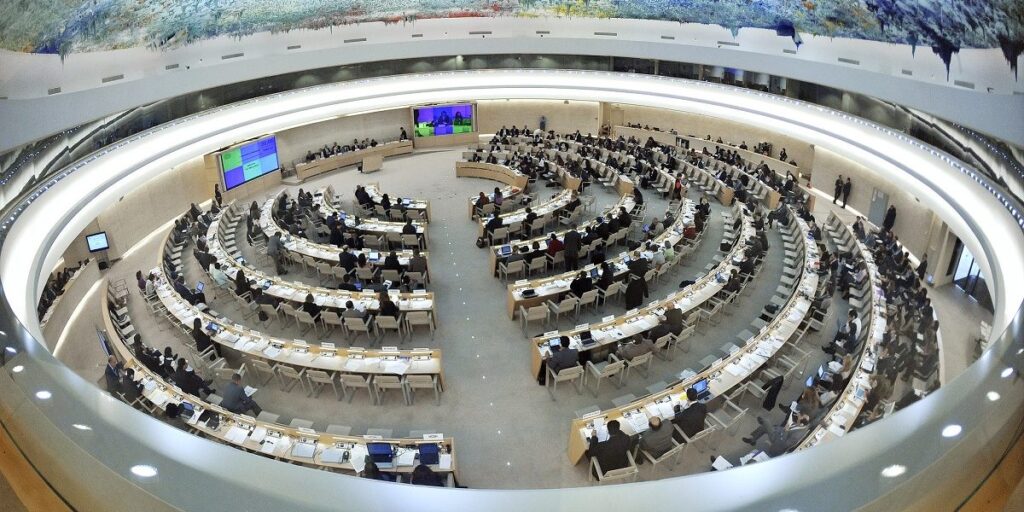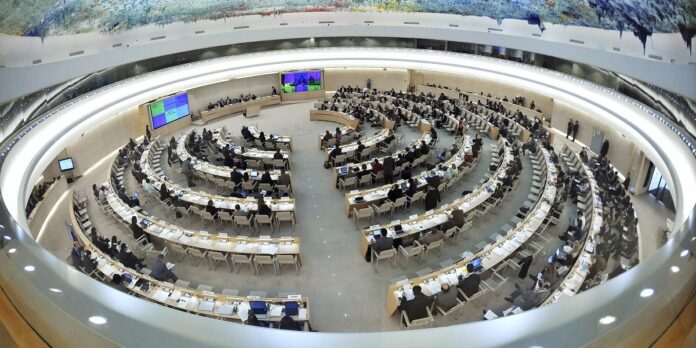
The UN Human Rights Council (UNHRC) voted on Wednesday to condemn recent Quran burning incidents, but the resolution faced division rather than unity as many countries expressed concerns about encroaching on free speech. Despite widespread condemnation of the desecration of the Muslim holy book, the vote revealed differing opinions, with countries from Europe and the Americas suggesting that more work was needed to achieve a stronger and unanimous decision.
The resolution was brought forward by Pakistan and other countries belonging to the Organisation of Islamic Cooperation (OIC) after an Iraqi refugee burned pages from the Quran outside Stockholm’s main mosque last month, triggering a diplomatic backlash across the Muslim world. The resolution aimed to counter religious hatred and received support from 28 countries, with 12 against and seven abstentions.
China’s ambassador, Chen Xu, highlighted the rise of Islamophobia and incidents of desecrating the holy Quran, criticizing countries that claimed to respect freedom of religious belief but failed to take action. While Argentina, China, Cuba, India, South Africa, Ukraine, and Vietnam backed the resolution, Argentinian ambassador Federico Villegas acknowledged the desire for a text with more consensus and clarity.
Countries such as the United States, the United Kingdom, France, Germany, Costa Rica, and Montenegro voted against the resolution, expressing concerns about limiting freedom of expression. Several countries, including Benin, Chile, Mexico, Nepal, and Paraguay, abstained from voting. The Mexican ambassador emphasized that not all criticism of religion necessarily incites discrimination, hostility, or violence.
Although the resolution was passed amidst applause, there was a somber tone in the chamber, with US ambassador Michele Taylor expressing disappointment that a unanimous voice condemning anti-Muslim hatred could not be achieved while respecting freedom of expression. Pakistan’s ambassador, Khalil Hashmi, representing the OIC, argued that the resolution did not aim to curtail free speech but sought a prudent balance. Hashmi criticized states that refused to condemn the public desecration of the Quran, suggesting they lacked political, legal, and moral courage.
The resolution condemns all forms of religious hatred, including premeditated acts of Quran desecration, and emphasizes the importance of holding those responsible accountable. It calls on states to enact laws addressing, preventing, and prosecuting acts and advocacy of religious hatred that incite discrimination, hostility, or violence. Additionally, the resolution requests the UN rights chief, Volker Turk, to identify gaps in countries’ laws in light of its provisions.
Despite the divisions, the resolution serves as a reminder of the ongoing challenge in finding a balance between freedom of expression and countering religious hatred on the international stage.
Sources By Agencies



